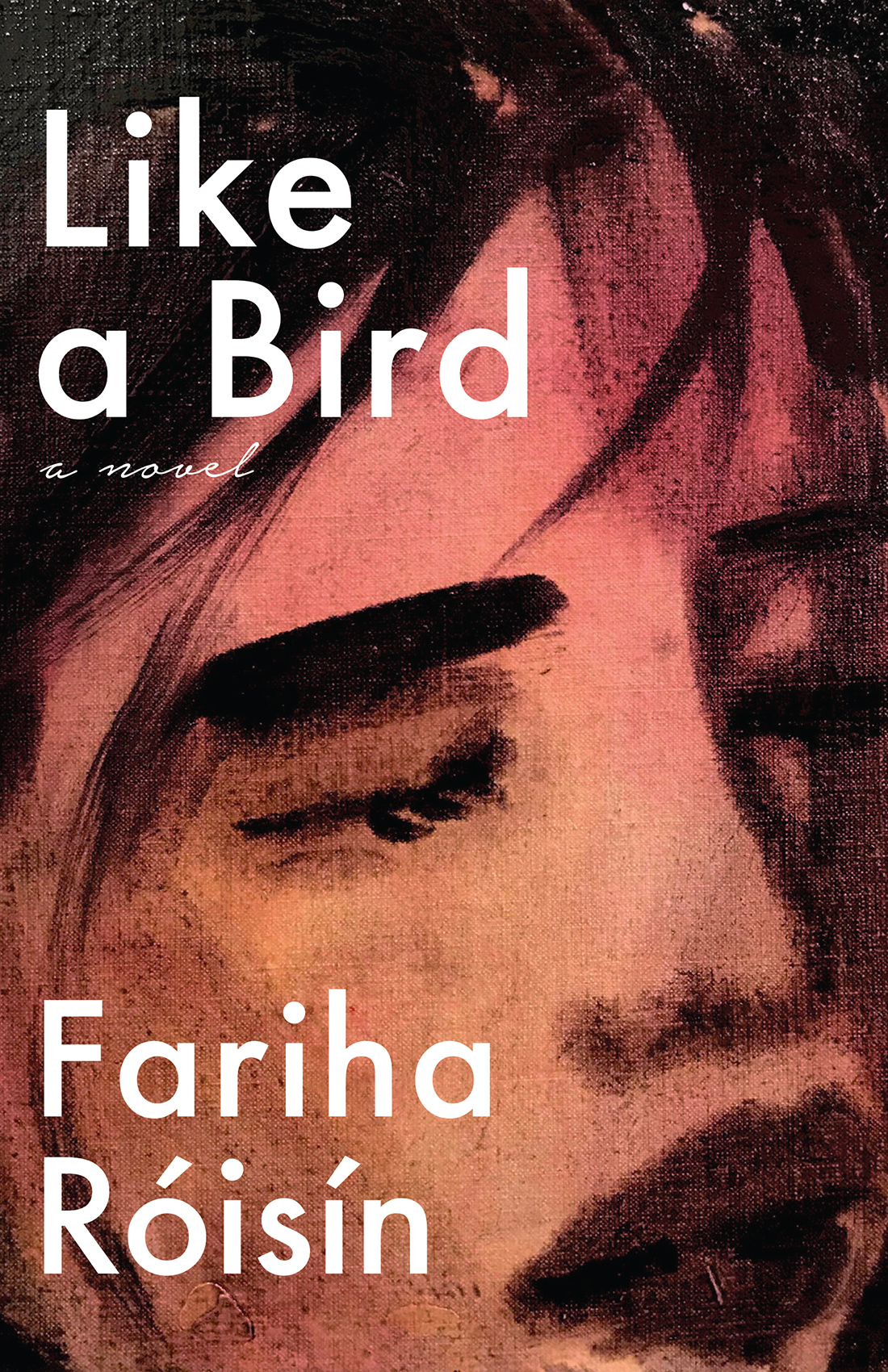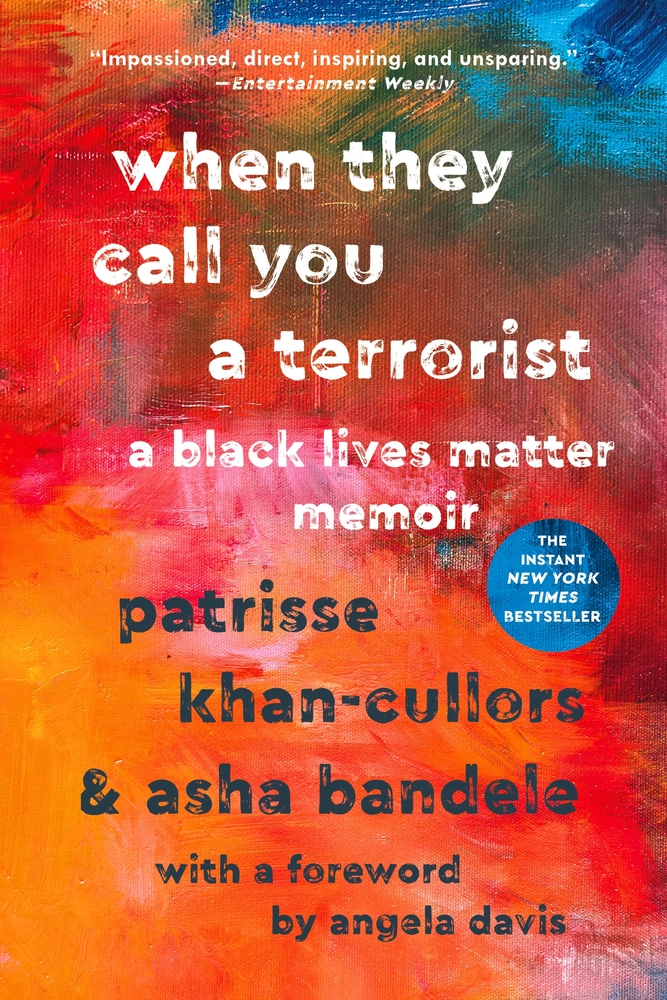YOU MIGHT ALSO LIKE
CLEAR ALL
BY TEACHER
BY TYPE
FILTER

TOPIC
- Trauma Healing (34)
- Racial Healing (33)
- Relationship Challenges (32)
- Racial Discrimination (31)
- Well-Being (30)
- Racial Identity (27)
- Romantic Relationships (25)
- Cross-Cultural Dynamics (23)
- Indigenous Well-Being (23)
- Intergenerational Trauma (20)
- Trauma (20)
- Resilience (19)
- Speaking Your Truth (19)
- Community Healing (17)
- Social Justice (17)
- Emotional and Mental Health (16)
- Race and Gender (16)
- Christianity (15)
- Identity (15)
- Marriage (14)
- Storytelling (14)
- Women’s Well-Being (14)
- Activism/Service (13)
- Imagination and Creativity (11)
- Female Empowerment (10)
- Gender Discrimination (10)
- Generational Healing (10)
- God (10)
- Neuroscience (10)
- Authenticity (9)
- Communication Skills (9)
- Empowerment (9)
- Immigration and Assimilation (9)
- Memoir (9)
- Mind-Body Connection (9)
- Spiritual Life (9)
- Awareness (8)
- Connection with Nature (8)
- Family Dynamics (8)
- Indigenous Rights (8)
- Intimacy (8)
- Love (8)
- Mindfulness (8)
- Parenting (8)
- Self-Actualization (8)
- Self-Development (8)
- Self-Healing (8)
- Spirituality and Politics (8)
- AAPI Well-Being (7)
- Fellowship and Community (7)
- Freedom (7)
- Happiness (7)
- Inner Life (7)
- LGBTQIA Well-Being (7)
- Personal Development (7)
- Philosophical Approaches (7)
- Self-Care (7)
- Self-Discovery (7)
- Self-Love (7)
- Young Adult Well-Being (7)
- Belonging (6)
- Building Culture (6)
- Collective Trauma (6)
- Divorce and Breakup (6)
- Dysfunctional Childhood (6)
- Faith and Identity (6)
- Inner Strengths (6)
- Latinx Well-Being (6)
- Leadership (6)
- Neurodiversity (6)
- PTSD (6)
- Self-Esteem (6)
- Sexuality (6)
- Spiritual Development (6)
- Spiritual Growth (6)
- Whiteness (6)
- Buddhism (5)
- Child’s Trauma (5)
- Courage (5)
- Cross-Cultural Parenting (5)
- Depression (5)
- Global Challenges (5)
- Healthy Eating (5)
- Indigenous Healing Approaches (5)
- Inner Peace (5)
- Joy (5)
- Life Challenges (5)
- Masculine/Feminine Dynamics (5)
- Poetry (5)
- Religious Experience (5)
- Self-Acceptance (5)
- Self-Realization (5)
- Self-Reflection Practices (5)
- Social Responsibility (5)
- Somatic Practices (5)
- Addiction (4)
- Anxiety (4)
- Body Image (4)
- Connection (4)
- Decision Making (4)
- Diet and Nutrition (4)
- Finding Meaning (4)
- Gender Justice (4)
- Grit (4)
- Integrative Medicine (4)
- Meditation (4)
- Mindfulness Practices (4)
- Motherhood (4)
- Neuroplasticity (4)
- Neuropsychology (4)
- Physical Health (4)
- Positive Psychology (4)
- Post-Traumatic Growth (4)
- Self-Expression (4)
- Self-Limiting Beliefs (4)
- Sex (4)
- Somatic Experiencing (4)
- Spiritual Direction (4)
- Stress Management (4)
- Transformation (4)
- Vulnerability (4)
- Anger (3)
- Athlete Well-Being (3)
- Autism (3)
- Children’s Well-Being (3)
- Climate Change (3)
- Confidence (3)
- Creative Well-Being (3)
- Embodiment (3)
- Empathy (3)
- Entrepreneurship (3)
- Exercise (3)
- Faith (3)
- Fear (3)
- Feminism (3)
- Forgiveness (3)
- Friendship (3)
- Gender Identity (3)
- Growth Mindset (3)
- Healing Approaches (3)
- Hope (3)
- Imposter Syndrome (3)
- Letting Go (3)
- Moral Philosophy (3)
- Poverty/Economic Inequality (3)
- Self-Worth (3)
- Sexual Assault or Abuse (3)
- Shame (3)
- Social Psychology (3)
- Spiritual Healing (3)
- Stress (3)
- Suffering (3)
- Trauma-Informed Therapy (3)
- Values (3)
- Veteran Well-Being (3)
- Women’s Rights (3)
- Work Challenges (3)
- Work Relationships (3)
- ADD/ADHD (2)
- Affirmations (2)
- Attachment Theory (2)
- Awe (2)
- Breathwork (2)
- Chronic Health Conditions (2)
- Collaboration (2)
- Compassion Meditation (2)
- Consciousness (2)
- Criticism and Rejection (2)
- Discrimination (2)
- Domestic Abuse (2)
- Economic Justice (2)
- Emotional Intelligence (EQ) (2)
- Enlightenment (2)
- Environmental Justice (2)
- Epigenetics (2)
- Gratitude (2)
- Habit Formation (2)
- Honoring Emotion (2)
- Human Potential (2)
- Incarceration (2)
- Interdependence (2)
- Journaling (2)
- LGBTQIA Sexuality (2)
- Lovingkindness Meditation (2)
- Mental Health Challenges (2)
- Native American Beliefs (2)
- Negative Self-Talk (2)
- Psychology (2)
- Search for Purpose (2)
- Self-Compassion (2)
- Sleep (2)
- Spiritual Awakening (2)
- Spiritual Practices (2)
- Spiritual Quest (2)
- Toxic Relationships (2)
- Transgender Well-Being (2)
- Yoga (2)
- Youth Activism (2)
- Zen Buddhism (2)
- Abandonment (1)
- Acceptance (1)
- Accepting Love (1)
- Access to Education (1)
- Addiction Recovery (1)
- Adoption (1)
- Anger Management (1)
- Archetypes (1)
- Asking for Help (1)
- Betrayal (1)
- Biofeedback (1)
- Blended Families (1)
- Body Positivity (1)
- Building Character (1)
- Burnout (1)
- Cancer (1)
- Caregiver Well-Being (1)
- Child’s Autism (1)
- Codependency (1)
- Coming Out (1)
- Compassion (1)
- Conflict Resolution (1)
- Despair (1)
- Disabled Well-Being (1)
- Disconnection (1)
- Eating Disorders (1)
- Ecospirituality (1)
- EMDR (1)
- Existentialism (1)
- Facing Own Death (1)
- Family Acceptance (1)
- Fatigue (1)
- Focus (1)
- Forest Bathing (1)
- Gender and Spirituality (1)
- Gender Challenges (1)
- Gender Transition (1)
- Goal Setting (1)
- Goddess (1)
- Grace (1)
- Grief (1)
- Habits of Mind (1)
- Handling a Loved One’s Illness (1)
- Healing Touch (1)
- Higher Calling (1)
- Highly Sensitive People (1)
- Holism (1)
- Homophobia (1)
- Illness and Injury (1)
- Infidelity (1)
- Inner Child (1)
- Integrity (1)
- Intention (1)
- Jealousy/Envy (1)
- LGBTQIA Parents (1)
- LGBTQIA Relationships (1)
- Living with Illness (1)
- Lovingkindness (1)
- Magic (1)
- Memory (1)
- Men’s Well-Being (1)
- Mindfulness Meditation (1)
- Motivation (1)
- Mysticism (1)
- Mythology (1)
- Narcissism (1)
- New Relationships (1)
- Nonbinary Well-Being (1)
- Nonviolence (1)
- OCD (1)
- Offering Support to Others (1)
- Oneness (1)
- Optimism (1)
- Othering (1)
- Passion (1)
- Postpartum Depression (1)
- Raising Daughters (1)
- Regret (1)
- Relationship with Time (1)
- Reproductive Health (1)
- Rest (1)
- Ritual (1)
- Sacred Feminine (1)
- Self-Control (1)
- Self-Mastery (1)
- Self-Pressure (1)
- Setting Limits and Boundaries (1)
- Shamanism (1)
- Social Media Addiction (1)
- Social Presence (1)
- Soul Mission (1)
- Sound Healing (1)
- Spirituality and Health (1)
- Talk Therapy (1)
- The Feldenkrais Method (1)
- Trust (1)
- Unity (1)
- Veganism (1)
- Vegetarianism (1)
- Visualization (1)
- War (1)
- Weight Concerns (1)
- Wholeness (1)
- Withholding (1)
- Work-Life Balance (1)
FILTER

TEACHER
- Nikki Giovanni (5)
- Joseph M. Marshall III (4)
- Roxane Gay (4)
- Ta-Nehisi Coates (4)
- Charles Johnson (3)
- Deepak Chopra (3)
- Nancy Mellon (3)
- Agnes Baker-Pilgrim (2)
- Aldous Huxley (2)
- Alice Miller (2)
- Alice Walker (2)
- Andrew Weil (2)
- Anne Lamott (2)
- bell hooks (2)
- C. S. Lewis (2)
- Gabor Maté (2)
- Gay Hendricks (2)
- Jan Willis (2)
- John Bradshaw (2)
- Lama Rod Owens (2)
- Malcolm X (2)
- Martin Luther King Jr. (2)
- Naomi Shihab Nye (2)
- Resmaa Menakem (2)
- Ruth King (2)
- Stephanie Y. Evans (2)
- Thich Nhat Hanh (2)
- Winona LaDuke (2)
- Aama Bombo (1)
- Albert Camus (1)
- angel Kyodo williams (1)
- Arianna Huffington (1)
- Beatrice Long Visitor Holy Dance (1)
- Bessel van der Kolk (1)
- Buddha (1)
- Chan Khong (1)
- Christine Caldwell (1)
- Claudia Black (1)
- Daniel Amen (1)
- Daniel Goleman (1)
- Daniel J. Siegel (1)
- Deena Metzger (1)
- don Miguel Ruiz (1)
- Dorothy Firman (1)
- Edward Hallowell (1)
- Elaine Aron (1)
- Elizabeth Gilbert (1)
- Elizabeth Lesser (1)
- Fariha Róisín (1)
- Gary Chapman (1)
- Gary Zukav (1)
- Gaylon Ferguson (1)
- Geneen Roth (1)
- George Gurdjieff (1)
- Grandmother Flordemayo (1)
- Harriet Lerner (1)
- Hermann Hesse (1)
- Huston Smith (1)
- Iyanla Vanzant (1)
- Jack Kornfield (1)
- Jacqui Lewis (1)
- James Baraz (1)
- Jana Long (1)
- Jesus (1)
- Joan Borysenko (1)
- John Welwood (1)
- Judith Blackstone (1)
- Julieta Casimiro (1)
- Karen Casey (1)
- Kathlyn Hendricks (1)
- Kathy Freston (1)
- Ken Wilber (1)
- Linda Graham (1)
- Linda Hogan (1)
- Lori Gottlieb (1)
- Luisah Teish (1)
- Margaret Behan (1)
- Maria Alice Campos Freire (1)
- Mark Wolynn (1)
- Martin Seligman (1)
- Melanie Joy (1)
- Mona Polacca (1)
- Monnica Williams (1)
- Moshé Feldenkrais (1)
- Oprah Winfrey (1)
- Osho (1)
- Otto Scharmer (1)
- Paulo Coelho (1)
- Peter A. Levine (1)
- Ram Dass (1)
- Ramani Durvasula (1)
- Riane Eisler (1)
- Rick Hanson (1)
- Rita Long Visitor Holy Dance (1)
- Rita Pitka Blumenstein (1)
- Rosie Molinary (1)
- Sonia Sanchez (1)
- Stephen Covey (1)
- Stephen Mitchell (1)
- Tara Brach (1)
- Terry Real (1)
- Thomas Hübl (1)
- Thomas Moore (1)
- Tsering Dolma Gyaltong (1)











